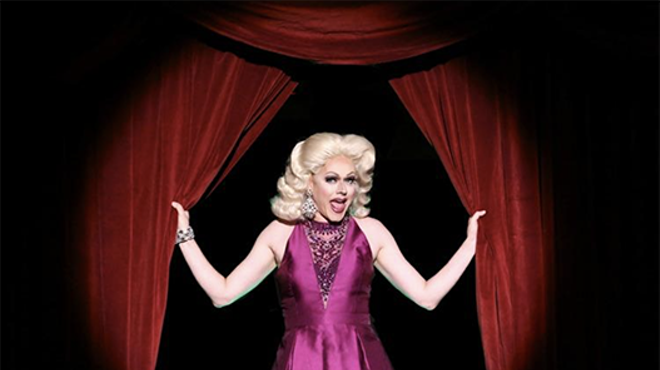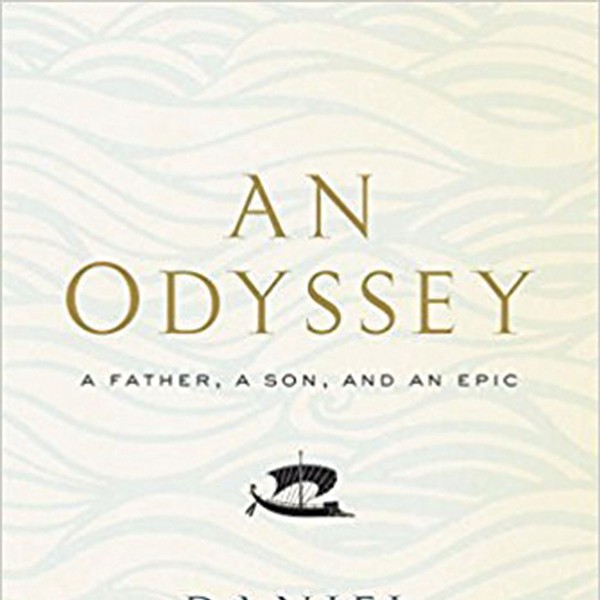There is a beautiful Jack Kerouac anecdote that Kingston resident Helen Weaver retells in her memoir The Awakener. Walking on MacDougal Street, composer David Amram suggested that he and Kerouac cross to the sunny side, but Kerouac refused, saying, “A writer must be a shadow.” His French way of walking—“hands in pockets, head down on one side”—is itself relevant to our understanding of him; it is a style one still sees, according to Weaver, in Lowell, Massachusetts, the novelist’s hometown. Other than Rimbaud, there may be no other literary icon as inexhaustibly intriguing. Inventor of the term “Beat” (from beatific), Kerouac embodied the polarities of lowdown hipster and sacred seer. He was a wild man and legendary drunk, but those who were closest recall his sweetness, his singing voice, his respect for animals, and his movie-star looks.
Helen Weaver had a romance with the revolutionary writer in the year preceding his rise to fame with On the Road. Her new book is as much about Kerouac—the meteor and its impact—as it is about her own ambling through the dales of the New York literary world. Blessed with friends and tutors such as Richard Howard, Robert Giroux, and Susan Sontag, she translated over 50 books from the French, including Antonin Artaud: Selected Writings, a finalist for the National Book Award.
Brought up in straight-laced Scarsdale, Weaver initially moved to the Village to pursue a same-sex college crush. She slaved in publishing before discovering that her métier was translation, and in fact it was her workaday normalcy that killed her relationship with Kerouac. A noisy night with Lucien Carr led her to kick the ruffians out (the men were blasting her “My Fair Lady” record), a betrayal her lover was not about to forgive. Despite some misgivings about being suddenly out of the coolest of loops, she couldn’t ignore that living with him “was undermining my health and possibly even my job.” In retrospect, she reflects, “I rejected him for the same reason America rejected him. He interfered with our sleep.”
Still, one detects that Weaver must have been preternaturally hip. Comic provocateur Lenny Bruce was another “awakener” with whom she had a momentary fling. “Lenny was one of us. He saw through all the bullshit that was going down, from sexual prudery…to the true obscenity of racism, poverty, religious bigotry, nationalism, and war.” Weaver collected signatures to protest his 1964 obscenity trial. It is noteworthy that Kerouac refused to sign (“I hate him. He hates everything.”)—a response Weaver attributes to Bruce’s attacks on religion.
The subject of Kerouac’s Dharmic-Catholicism is given more play than in other accounts, owing to Weaver’s Aquarian proclivities. She later became a learned astrologer, and ultimately adopted Kerouac’s mantra, “Nothing is real. It’s all a dream.” But during their time together, she thought this was simply “a load of crap.”
Although Weaver’s narrative is bolstered with letters, journal entries, and humorous glimpses of her psychoanalysis, the reader may yearn for more detailed reporting of the heady scenes she was part of. Weaver has not forgotten the sexism that tainted even the enlightened Beats, but she speaks from the sunny side and is grateful for their energy and vision. Like Kerouac, she was drawn to bad boys and dictionaries—it’s easy to see why they were a match.
Helen Weaver will appear at the Golden Notebook in Woodstock 12/4 at 5:30.

















